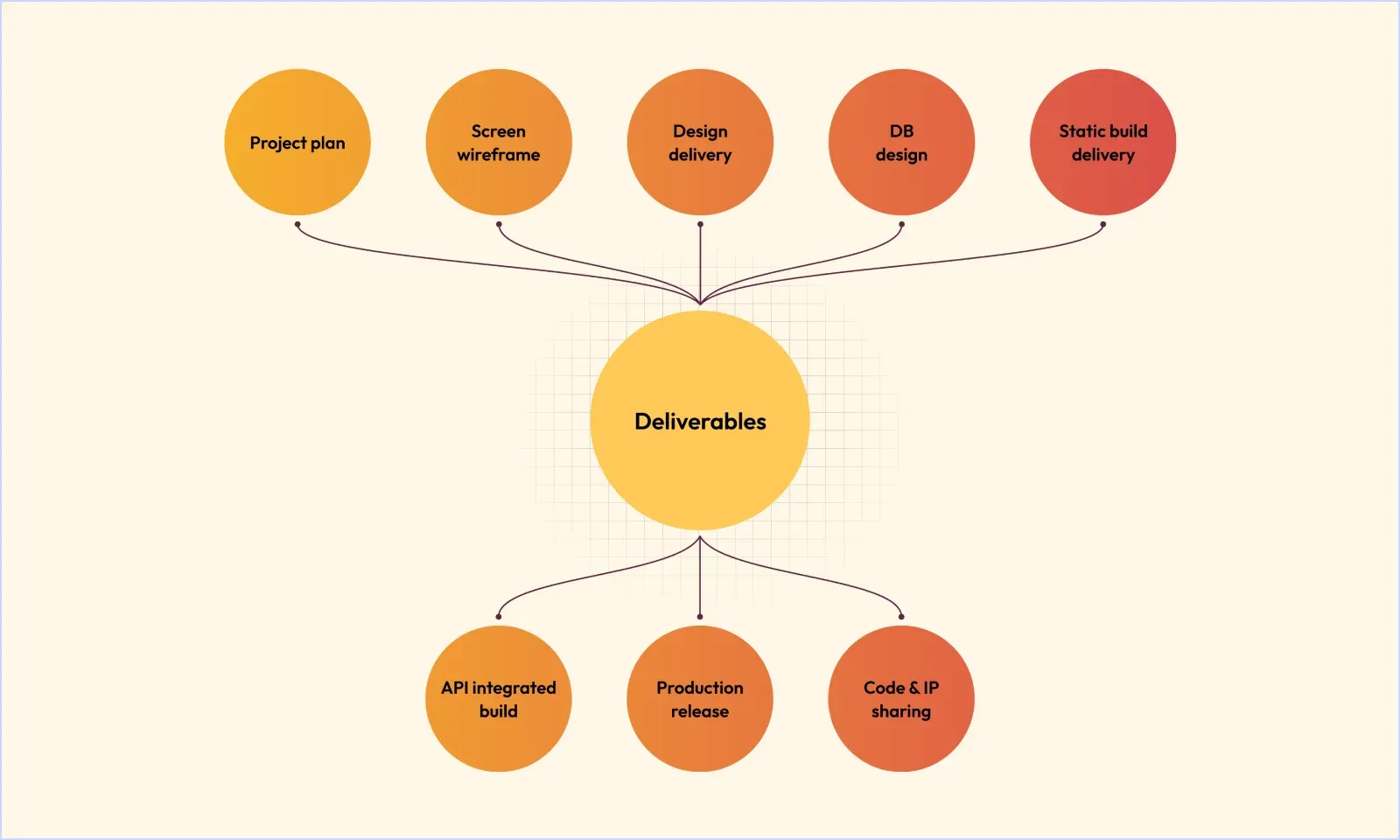Mobile apps have become our companions in virtually every aspect of life. It is like having a personal assistant in the palm of your hand. From managing our schedules to connecting with loved ones, these apps make everything just a tap away. But have you ever wondered about the intricate process that brings these seamless mobile experiences to life? How do developers ensure that your experience is not just good but great? Mobile app deliverables comprise a well-coordinated ensemble of elements that can help you find the solution you need quickly and efficiently.
This blog will delve into the crucial concept of mobile app deliverables, understanding their significance in planning and managing a successful mobile app development project.












